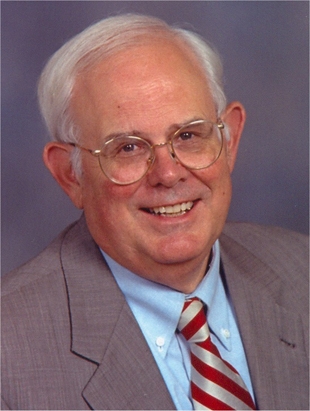Politicians make promises. It's what they do. Candidates often promise bold and grandiose actions to get your vote and win their elections. Some sound appealing, but are they realistic and attainable?
Let's begin with two issues relating to immigration. The promise to build a wall on America's southern border and make Mexico pay for it is problematic. Nobody disputes the fact it will cost as much as $10 billion to construct. Mexico adamantly vows they won't pay for it. If true, who will and from where will the money come? Closely akin is the promise to deport as many as 11 million undocumented immigrants, which sounds like a logistical nightmare. Assuming we undertook this massive deportation who is going to pay for it? Our country already has huge budget deficits and debt. Both promises seem logistically and financially unrealistic. Presidents Bush and Obama have begged Congress to pass a realistic and sustainable immigration plan to no avail, so a more realistic election discussion should focus on what must be done to get Congress to act.
Jobs and the economy are subjects of campaign promises. While the pledge to bring manufacturing back to this country might be appealing is it the realistic solution to dramatically improve our economy and create more and higher-paying jobs?
Even if we were successful on a large scale in bringing manufacturing back home, the very nature of work has changed. New technologies and robotics have revolutionized every field to the point that machines using artificial intelligence have replaced humans and workforce numbers in most all sectors are rapidly dwindling. Just look at what is happening in fast food, hotel check-ins, banking, accounting, manufacturing and most other job sectors and you can easily see the impact. North Carolina has enjoyed the creation of more than 200,000 new jobs but many of them come from the service and hospitality sectors that don't pay high wages.
Informed analysts predict that as many as 40 percent of today's jobs won't even exist in the next 20 years. As many as 1 million jobs in the U.S. are currently unfilled because employers can't find workers with necessary skillsets to fill them.
Clearly our education system at all levels must be reformed to train workers. A high school diploma isn't good enough any more and some level of higher education is necessary. This brings us to campaign pledges providing free public university or community college tuition. Let's assume that free tuition is offered. If the student isn't paying who is going to pick up the costs? Are taxpayers willing to do so?
Studies reveal the average college grad begins work with $25,000 or more in debt. Higher education must become more affordable but tuition is only one element in the equation. Housing, meals and especially textbooks are just as burdensome as the cost of instruction. Free tuition alone isn't the realistic solution to education needs.
Before we succumb to a candidate's catchy campaign pledge or slogan we need more details. Who will be responsible for enacting the plan, what is the timeline for implementation and how will it be financed? Voters should press candidates for answers to these questions. If a candidate's promises can't pass the reality test they are just more election rhetoric.
Publisher's note: Tom Campbell is former assistant North Carolina State Treasurer and is creator/host of NC SPIN,
a weekly statewide television discussion of NC issues airing Sundays at 11:00 am on WITN-TV.
Contact Tom at NC Spin.

























